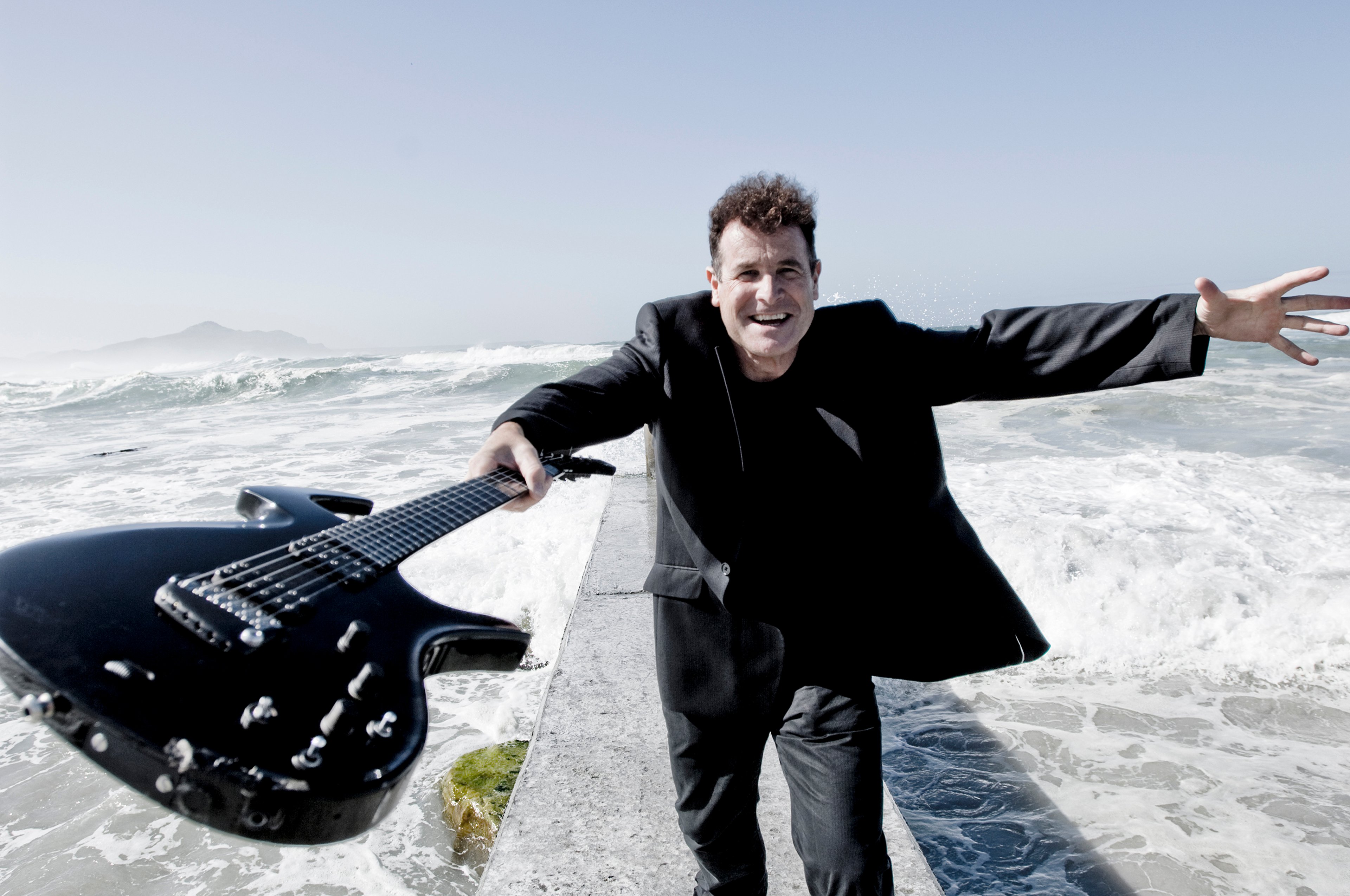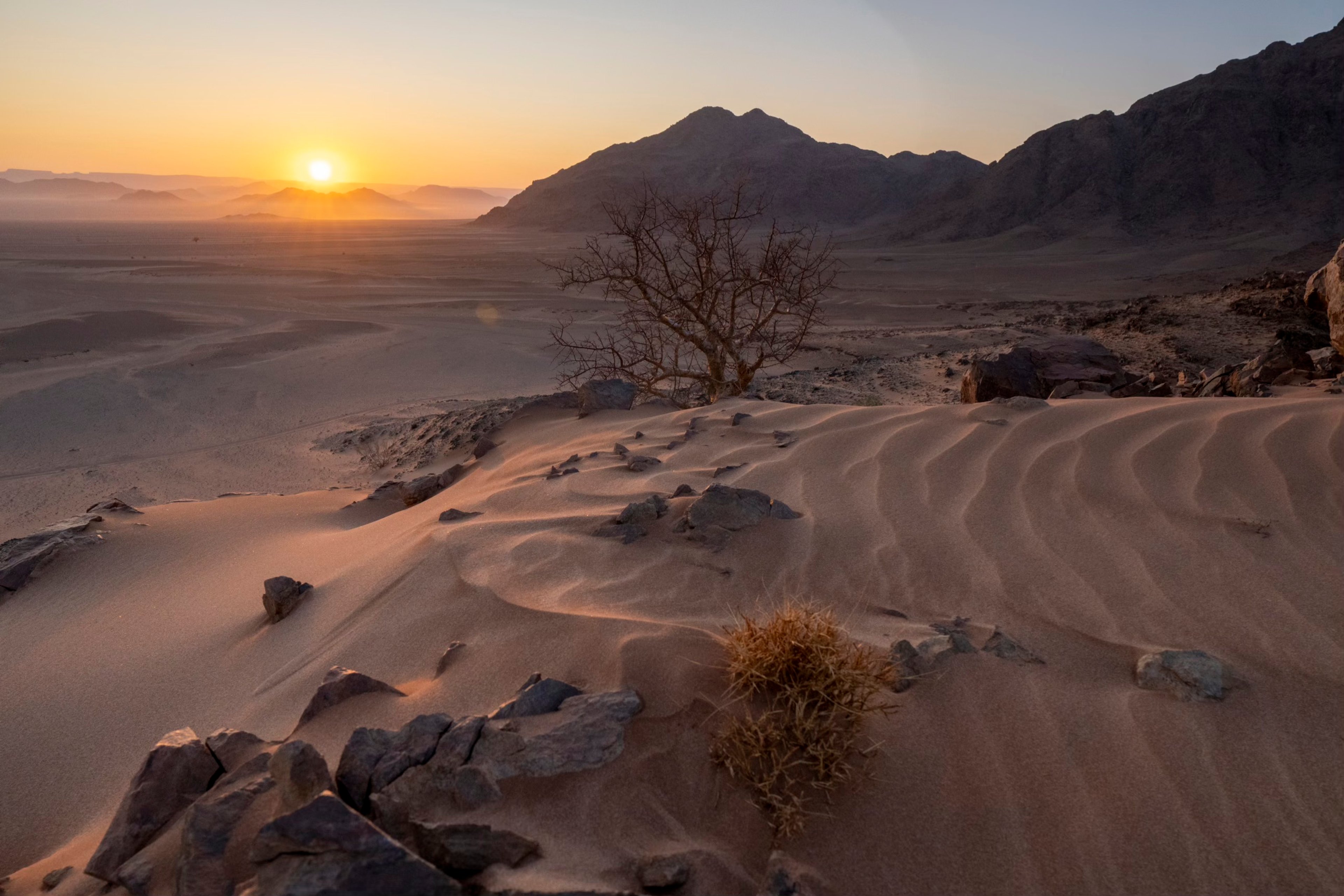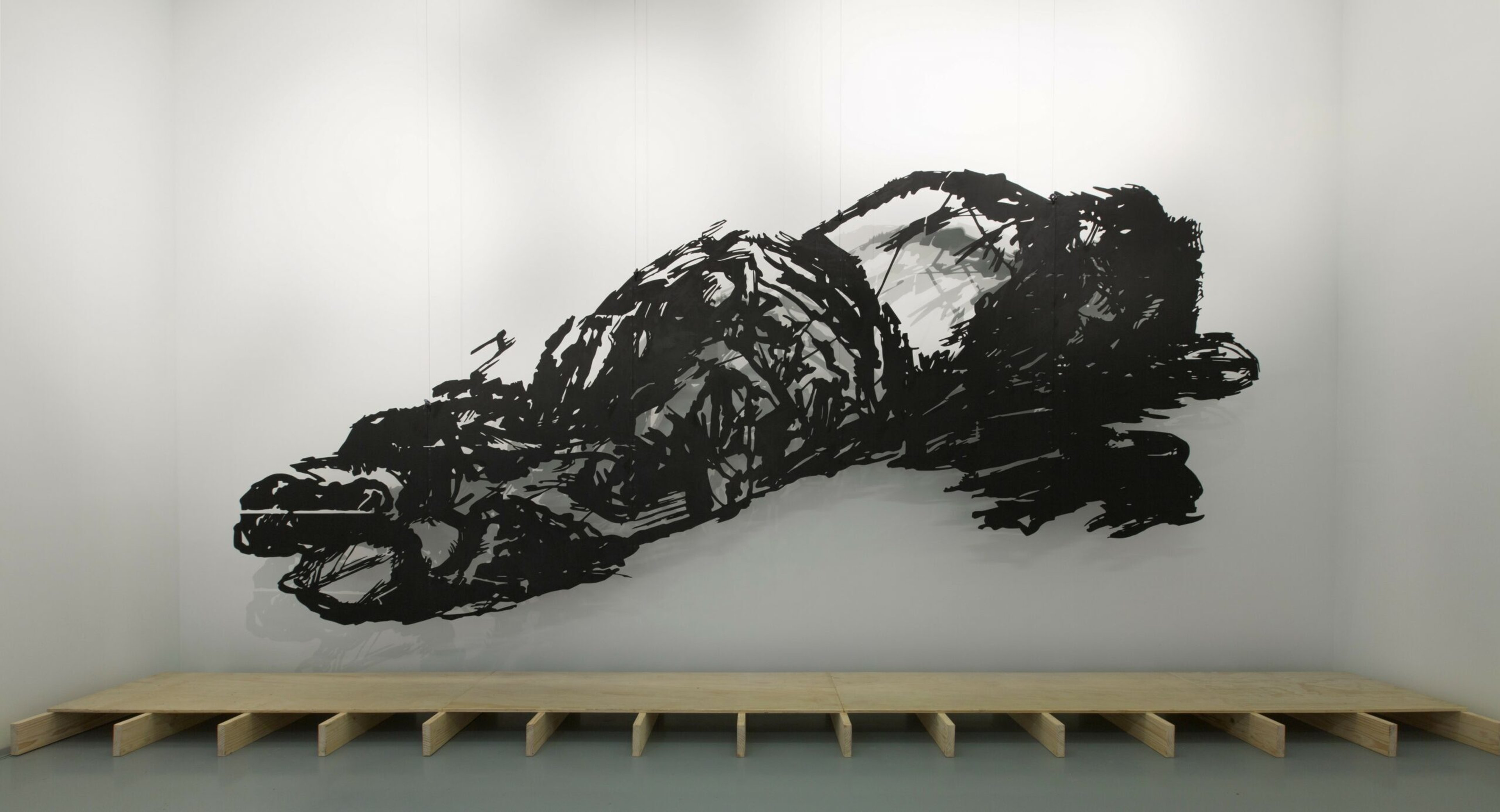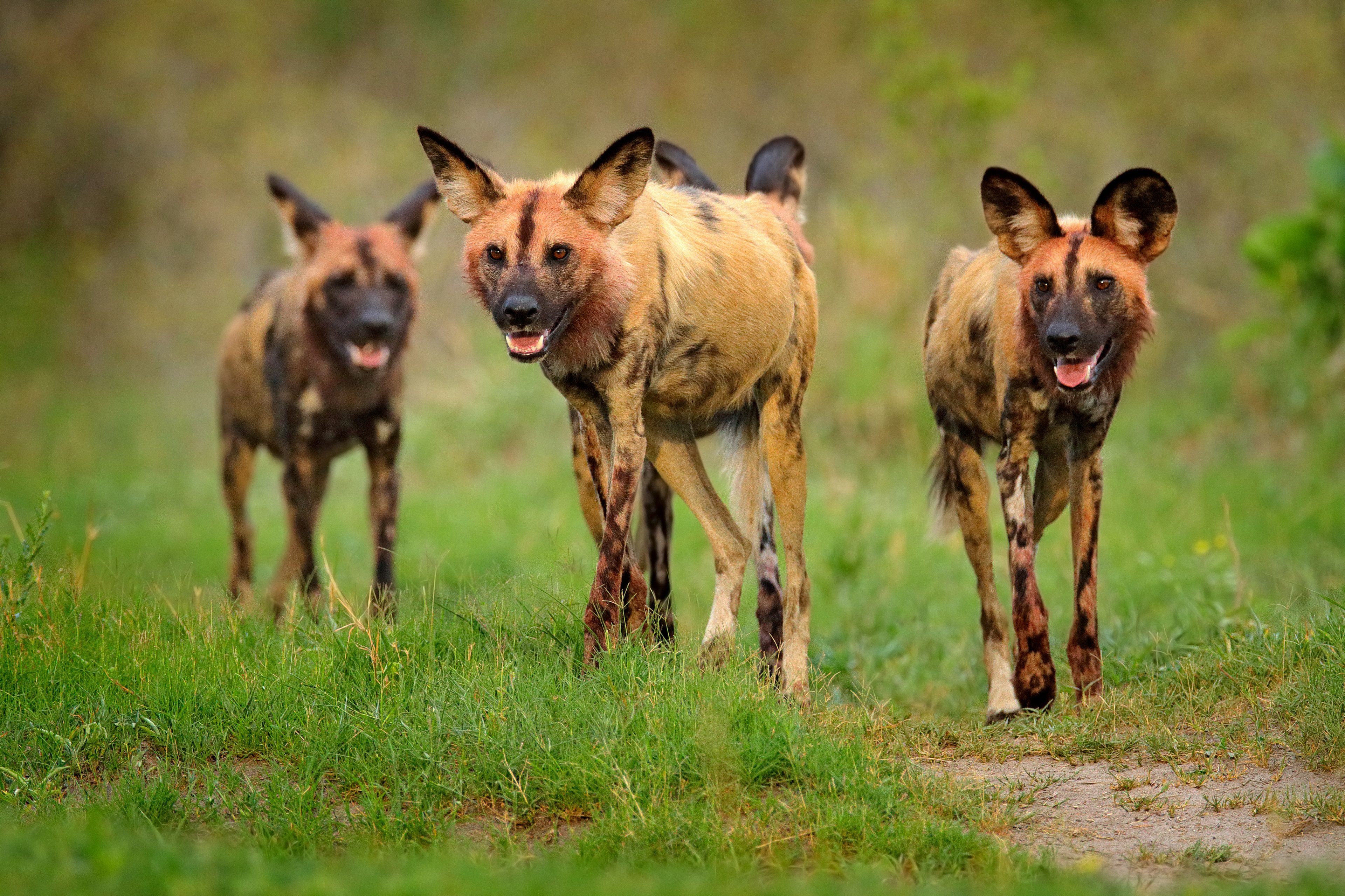Affectionately nicknamed the White Zulu or Le Zulu Blanc, the late South African musician Johnny Clegg was a legend. His unique brand of contemporary yet traditional African music, performed in both solo projects and with Sipho Mchunu in their beloved band Juluka, enthralled fans for more than forty years—and with good reason. For this musician, linguist, anthropologist, historian, academic and activist was instrumental in pioneering a hybrid South African musical genre that promoted racial harmony at a time when apartheid was at its most lethal.
"Juluka’s music was powerful stuff, not just for its incredibly infectious foot-stomping sound, but because it encouraged white South Africans to celebrate and respect the very cultures and lives that the state had forbidden," recalls Deborah Calmeyer, founder and CEO of ROAR AFRICA, who grew up in neighboring Zimbabwe in the '70s and '80s.
Johnny’s immersion in Zulu culture and music began as a teenager when he was exposed to the music and dance of Joburg’s predominantly Zulu migrant mine workers. It wasn’t long before he was fluent in their language and highly proficient in the traditional maskandi guitar and isishameni dance styles. In an interview with The New York Times in 1990, Johnny recalled how he started hanging around the male hostels in which the mine workers lived—at a time when this was against the law. The first time his mother had to bail him out of jail for "trespassing" in areas zoned for Blacks only, he was just 15. It was not to be the last time.
Johnny’s affinity with the migrant mine workers stemmed in part from his own peripatetic childhood. He was born in the UK but left with his mother soon after his parents' divorce, spending stints at various schools in Zimbabwe and Zambia before finally settling in South Africa when he was about seven years old. "I always felt like an immigrant," he said. "I could relate emotionally to the migrant workers, as they were immigrants too."
Johnny cited many people who fueled his passion for African music, but it was his meeting with guitarist Sipho Mchuni when he was 17 that was to prove definitive. Their creation of the interracial, afro-folk group Juluka in 1979 went on to singlehandedly change the landscape of music in South Africa. Incorporating an experimental crossover of western and African musical traditions and melodies, Johnny, who was then studying social anthropology, injected the songs with traditional stories and cultural —as well as social commentary on migrant living, Zulu history and the hardships of apartheid that ordinarily would not have entered into the public realm. This too got Johnny into repeated scrapes with apartheid’s rigid lawmakers, who used whatever means—from threats to violence, banning and bullying—to try and disband Juluka, without success. When Sipho retired in 1985, Johnny went on to form the equally successful Savuka with musician and dancer Dudu Zulu.





